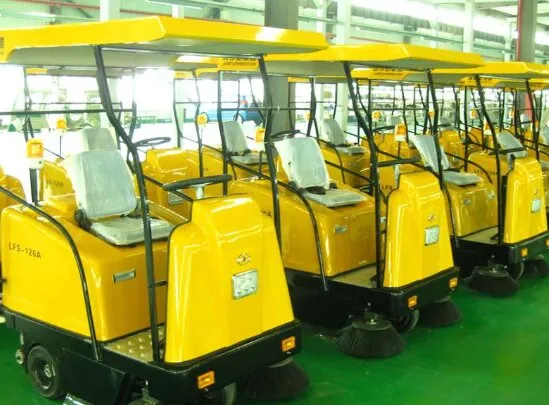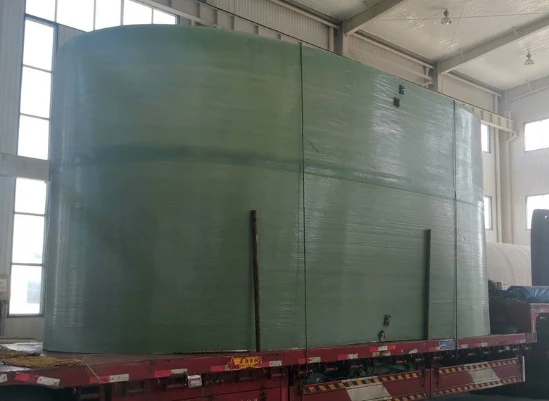
-
 Afrikaans
Afrikaans -
 Albanian
Albanian -
 Amharic
Amharic -
 Arabic
Arabic -
 Armenian
Armenian -
 Azerbaijani
Azerbaijani -
 Basque
Basque -
 Belarusian
Belarusian -
 Bengali
Bengali -
 Bosnian
Bosnian -
 Bulgarian
Bulgarian -
 Catalan
Catalan -
 Cebuano
Cebuano -
 China
China -
 China (Taiwan)
China (Taiwan) -
 Corsican
Corsican -
 Croatian
Croatian -
 Czech
Czech -
 Danish
Danish -
 Dutch
Dutch -
 English
English -
 Esperanto
Esperanto -
 Estonian
Estonian -
 Finnish
Finnish -
 French
French -
 Frisian
Frisian -
 Galician
Galician -
 Georgian
Georgian -
 German
German -
 Greek
Greek -
 Gujarati
Gujarati -
 Haitian Creole
Haitian Creole -
 hausa
hausa -
 hawaiian
hawaiian -
 Hebrew
Hebrew -
 Hindi
Hindi -
 Miao
Miao -
 Hungarian
Hungarian -
 Icelandic
Icelandic -
 igbo
igbo -
 Indonesian
Indonesian -
 irish
irish -
 Italian
Italian -
 Japanese
Japanese -
 Javanese
Javanese -
 Kannada
Kannada -
 kazakh
kazakh -
 Khmer
Khmer -
 Rwandese
Rwandese -
 Korean
Korean -
 Kurdish
Kurdish -
 Kyrgyz
Kyrgyz -
 Lao
Lao -
 Latin
Latin -
 Latvian
Latvian -
 Lithuanian
Lithuanian -
 Luxembourgish
Luxembourgish -
 Macedonian
Macedonian -
 Malgashi
Malgashi -
 Malay
Malay -
 Malayalam
Malayalam -
 Maltese
Maltese -
 Maori
Maori -
 Marathi
Marathi -
 Mongolian
Mongolian -
 Myanmar
Myanmar -
 Nepali
Nepali -
 Norwegian
Norwegian -
 Norwegian
Norwegian -
 Occitan
Occitan -
 Pashto
Pashto -
 Persian
Persian -
 Polish
Polish -
 Portuguese
Portuguese -
 Punjabi
Punjabi -
 Romanian
Romanian -
 Russian
Russian -
 Samoan
Samoan -
 Scottish Gaelic
Scottish Gaelic -
 Serbian
Serbian -
 Sesotho
Sesotho -
 Shona
Shona -
 Sindhi
Sindhi -
 Sinhala
Sinhala -
 Slovak
Slovak -
 Slovenian
Slovenian -
 Somali
Somali -
 Spanish
Spanish -
 Sundanese
Sundanese -
 Swahili
Swahili -
 Swedish
Swedish -
 Tagalog
Tagalog -
 Tajik
Tajik -
 Tamil
Tamil -
 Tatar
Tatar -
 Telugu
Telugu -
 Thai
Thai -
 Turkish
Turkish -
 Turkmen
Turkmen -
 Ukrainian
Ukrainian -
 Urdu
Urdu -
 Uighur
Uighur -
 Uzbek
Uzbek -
 Vietnamese
Vietnamese -
 Welsh
Welsh -
 Bantu
Bantu -
 Yiddish
Yiddish -
 Yoruba
Yoruba -
 Zulu
Zulu
Feb . 08, 2025 05:32
Back to list
fiberglass walkway grating
Fiberglass walkway grating has revolutionized the way industries approach safety, efficiency, and durability in their infrastructure needs. While steel and aluminum have traditionally dominated the grating market, fiberglass offers benefits that make it an increasingly popular alternative. Drawing from over a decade of hands-on experience and expertise in industrial flooring solutions, it's clear why fiberglass is gaining traction among engineers and safety experts alike.
Furthermore, customization is an area where fiberglass walkway grating exhibits significant superiority. Available in a wide array of sizes, thicknesses, and resin formulations, fiberglass can be tailored to meet the specific needs of almost any application. Anti-slip surfaces, critical in reducing slip and fall accidents, are frequently incorporated into the grating during manufacturing to ensure safe passage even in the wettest conditions. Industry professionals highlight this feature as an essential component in meeting stringent safety regulations and improving worker well-being. Drawing on years of field feedback, we've partnered with top manufacturers to refine fiberglass formulations that push the boundaries of temperature resistance. This initiative stems from our observations in high-heat environments, such as refineries and manufacturing plants, where ensuring consistent grating performance is crucial. Innovations in temperature-resistant resins have opened new avenues, enabling fiberglass grating to maintain integrity and performance even in hostile thermal conditions. In the realm of sustainability and environmental responsibility, fiberglass grating offers an additional advantage. Many manufacturers are adopting greener production techniques, using recycled materials and reducing emissions during manufacturing. As enterprises increasingly prioritize sustainability in their procurement decisions, fiberglass grating presents an environmentally friendly alternative, further boosted by its longevity and reduced need for resource-intensive maintenance. In conclusion, the comprehensive benefits of fiberglass walkway grating—a blend of chemical resistance, electrical safety, lightweight durability, customization, and environmental sustainability—underscore its authoritative position in the industrial sector. As further studies and real-world applications continue to validate these advantages, fiberglass is positioned to become the default choice for infrastructure projects demanding reliability and safety. Decision-makers armed with this knowledge can implement fiberglass solutions with confidence, assured in the expertise and trustworthiness of this innovative material.


Furthermore, customization is an area where fiberglass walkway grating exhibits significant superiority. Available in a wide array of sizes, thicknesses, and resin formulations, fiberglass can be tailored to meet the specific needs of almost any application. Anti-slip surfaces, critical in reducing slip and fall accidents, are frequently incorporated into the grating during manufacturing to ensure safe passage even in the wettest conditions. Industry professionals highlight this feature as an essential component in meeting stringent safety regulations and improving worker well-being. Drawing on years of field feedback, we've partnered with top manufacturers to refine fiberglass formulations that push the boundaries of temperature resistance. This initiative stems from our observations in high-heat environments, such as refineries and manufacturing plants, where ensuring consistent grating performance is crucial. Innovations in temperature-resistant resins have opened new avenues, enabling fiberglass grating to maintain integrity and performance even in hostile thermal conditions. In the realm of sustainability and environmental responsibility, fiberglass grating offers an additional advantage. Many manufacturers are adopting greener production techniques, using recycled materials and reducing emissions during manufacturing. As enterprises increasingly prioritize sustainability in their procurement decisions, fiberglass grating presents an environmentally friendly alternative, further boosted by its longevity and reduced need for resource-intensive maintenance. In conclusion, the comprehensive benefits of fiberglass walkway grating—a blend of chemical resistance, electrical safety, lightweight durability, customization, and environmental sustainability—underscore its authoritative position in the industrial sector. As further studies and real-world applications continue to validate these advantages, fiberglass is positioned to become the default choice for infrastructure projects demanding reliability and safety. Decision-makers armed with this knowledge can implement fiberglass solutions with confidence, assured in the expertise and trustworthiness of this innovative material.
Related Products









